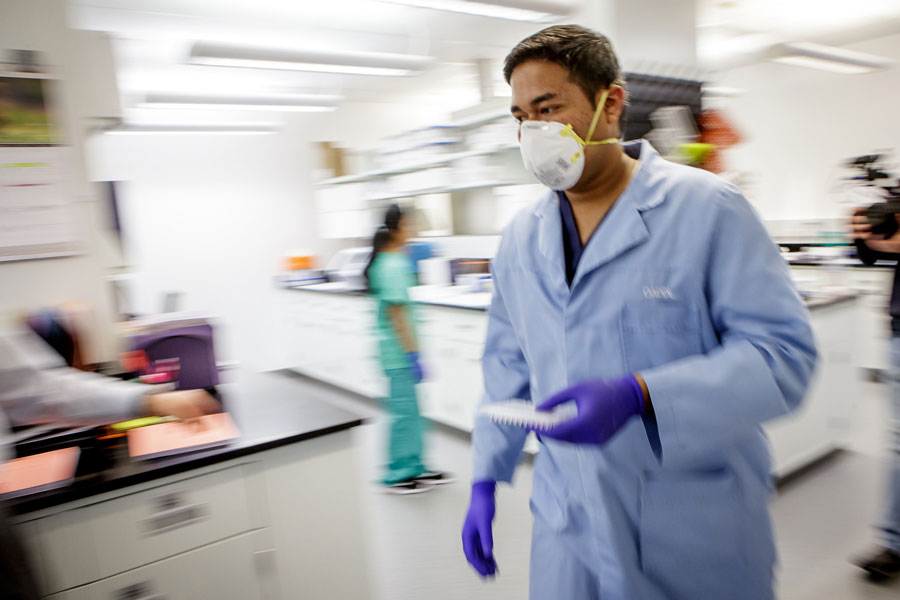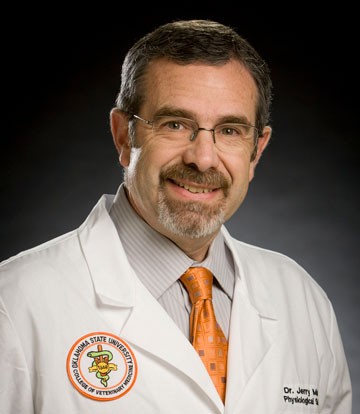Comparative Biomedical Sciences, PhD

Doctor of Philosophy
The Doctor of Philosophy degree in Comparative Biomedical Sciences prepares graduates
for careers in industrial, governmental, or academic technical, regulatory or research
positions. The plan of study is designed to meet the student's needs and interests
and includes courses in molecular and cell biology, pathophysiology, statistics, seminar
and electives.
